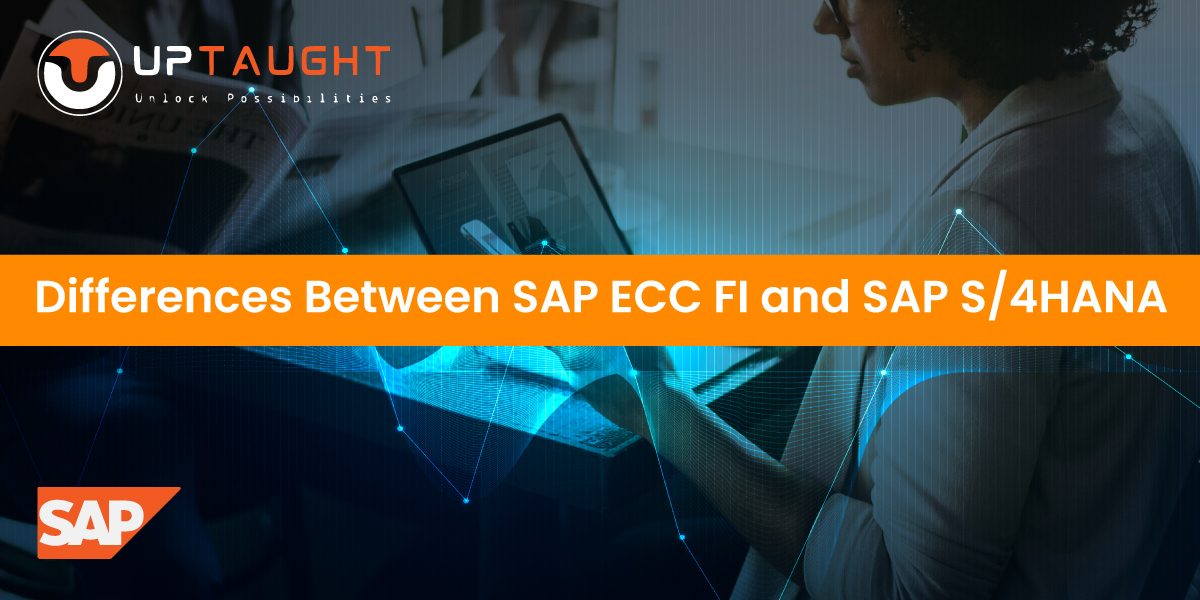2025 is shaping up to be a watershed year for quantum computing. After decades of theoretical work and experimental breakthroughs, experts are now calling this the year quantum computing transitions from laboratory curiosity to practical reality. The buzz is significant-and justified-as we’re witnessing a paradigm shift that could revolutionize how we process information, solve complex problems, and understand our world. But what exactly is quantum computing, and why should you care about it?
What Is Quantum Computing?
To understand quantum computing, let’s first consider how your everyday computer works. Traditional computers-whether it’s your smartphone, laptop, or the most powerful supercomputer-process information using bits, the fundamental units of computing. Each bit can exist in one of two states: 0 or 1, physically represented by tiny transistors that either allow current to pass (1) or don’t (0).
This binary system has served us remarkably well, enabling everything from email to artificial intelligence. However, classical computing has fundamental limitations. As problems become exponentially more complex, the computational resources required become impractical or even impossible to provide. Additionally, we’re approaching the physical limits of how small we can make transistors before quantum effects interfere with their operation.
Quantum computing offers a fundamentally different approach. Instead of bits, quantum computers use quantum bits or “qubits.” While a classical bit must be either 0 or 1, a qubit can exist in a state of superposition, effectively being both 0 and 1 simultaneously until measured. This property allows quantum computers to process vast amounts of information in parallel, potentially solving problems that would take classical computers millions of years to calculate.
Key Concepts: The Quantum Advantage
Superposition
To understand superposition, imagine a spinning coin on a table. From a classical perspective, the coin must be either heads or tails. But while it’s spinning rapidly, it exists in a kind of blended state-neither fully heads nor tails. Similarly, a qubit can exist in a superposition of both 0 and 1 states simultaneously. The qubit only “collapses” into one definite state when measured, just as the coin eventually falls to show either heads or tails.
Entanglement
Entanglement is another quantum phenomenon with no classical equivalent. When qubits become entangled, the state of one qubit becomes directly related to the state of another, regardless of the distance separating them. Measuring one entangled qubit instantly determines the state of its partner. Einstein famously called this “spooky action at a distance,” and it’s a powerful resource for quantum computing that enables complex calculations beyond classical capabilities.
Physical vs. Logical Qubits
In 2025, we’re seeing a crucial transition from physical qubits to logical qubits. Physical qubits are the actual hardware components that are notoriously error-prone and require extremely cold temperatures (near absolute zero) to maintain their quantum properties. Logical qubits, by contrast, are mathematical constructs representing quantum states that incorporate error correction. The advancement toward logical qubits represents a major breakthrough, as they can be scaled up more efficiently and operate with greater reliability.
Why Quantum Computing Matters: Real-World Impact in 2025
Medicine and Drug Discovery
Quantum computing promises to revolutionize medicine by simulating molecular interactions at unprecedented scales. This could dramatically accelerate drug discovery, potentially reducing the time to develop new medications from years to months or even weeks. In 2025, we’re seeing the first applications of quantum algorithms that can model complex protein folding and drug interactions more accurately than ever before.
Artificial Intelligence and Machine Learning
The integration of quantum computing with AI is creating powerful new possibilities. According to quantum industry leaders, AI-driven discoveries are streamlining quantum algorithm design, while quantum resources are enhancing machine learning capabilities. This synergy is expected to lead to more sophisticated AI systems capable of solving previously intractable problems.
Financial Services and Optimization
Financial institutions are among the earliest adopters of quantum computing technology. Portfolio optimization, risk analysis, and fraud detection are all being enhanced by quantum algorithms. In 2025, we’re seeing “novel algorithms developed in the fields of finance, logistics and chemistry” that go beyond previous approaches to unlock new possibilities.
Cybersecurity and Cryptography
Quantum computing presents both threats and opportunities for cybersecurity. While quantum computers could eventually break many current encryption methods, they’re also enabling the development of quantum-resistant cryptography. Organizations are now implementing quantum-safe security measures in anticipation of more powerful quantum systems.
Logistics and Supply Chain Optimization
Complex logistics problems, such as optimizing delivery routes or managing global supply chains, are prime candidates for quantum advantage. As Jan Goetz, co-CEO of IQM Quantum Computers, notes, algorithmic development in logistics is taking center stage in 2025, offering solutions that could reduce costs and environmental impact.
Future Outlook: Quantum Computing’s Trajectory Beyond 2025
The quantum computing landscape of 2025 reveals six major trends that will shape its development in the coming years:
1. Expanded Logical Qubit Research
Research institutions and companies worldwide are intensifying their work on logical qubits. Organizations like IBM, Google, Quantinuum, and numerous academic institutions are making significant strides in this area. This focus on logical qubits will be crucial for achieving the fault-tolerant quantum computing necessary for many practical applications.
2. Specialized Quantum Systems
Rather than pursuing only universal quantum computers, the industry is developing specialized quantum systems designed for specific applications. These purpose-built quantum processors may achieve practical advantages sooner than general-purpose systems.
3. Networked Quantum Devices
Researchers are increasingly connecting multiple quantum devices into networks, allowing for more powerful and flexible quantum computing resources. This networking approach mirrors classical computing’s evolution and may accelerate quantum computing’s practical utility.
4. Sophisticated Software Layers
New software abstraction layers are making quantum computing more accessible to non-specialists. These software tools bridge the gap between quantum hardware and practical applications, enabling more developers to leverage quantum resources.
5. Quantum-AI Integration
The boundaries between quantum computing and artificial intelligence are blurring. Companies specializing in these fields are increasingly merging or collaborating, creating integrated platforms that leverage both technologies. This convergence is expected to accelerate commercialization and adoption.
6. Advanced Qubit Technologies
Continuous improvements in physical qubit design are yielding more stable and capable quantum hardware. These advances, combined with error correction techniques, are steadily increasing the power and reliability of quantum systems.
Embracing the Quantum Future
The quantum revolution isn’t just coming-it’s already here. In 2025, we’re witnessing the transition from theoretical possibilities to practical applications across multiple industries. The financial sector is positioned to be among the earliest beneficiaries, but the impact will eventually extend to virtually every field that involves complex computation or simulation.
For businesses and individuals alike, now is the time to develop quantum literacy. Understanding the basics of quantum computing and its potential applications in your field could provide a significant competitive advantage as this technology continues to mature.
Ready to Dive Deeper?
If you’re intrigued by the quantum computing revolution and want to explore this fascinating field further, I invite you to join our comprehensive quantum computing course. Whether you’re a business professional looking to understand the strategic implications, a student considering a career in quantum technologies, or simply a curious mind, our course provides the knowledge and tools you need to navigate the quantum landscape of 2025 and beyond.
contact us for more details on it




